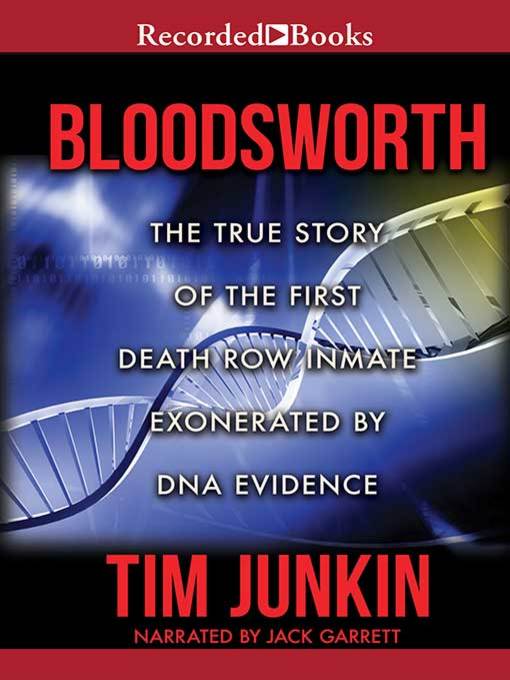- Just Added Fiction
- Graphic Novels - Fiction
- Plays
- Classic Literature
- Fantasy
- Horror
- Mystery
- Romance
- Science Fiction
- Suspense & Thriller
- Childrens Fiction
- Young Adult Fiction
- See all fiction collections
- Just Added Nonfiction
- Graphic Novels - Nonfiction
- Biography & Autobiography
- Business
- Computer Science
- Culinary & Hospitality
- Economics
- Education
- Engineering & Technology
- Health Science & Medicine
- History - Americas
- History - General & World
- Language & Linguistics
- See all nonfiction collections
- Reserves
- Bauder Collection
- Professional Development Collection
- See all special collections collections

